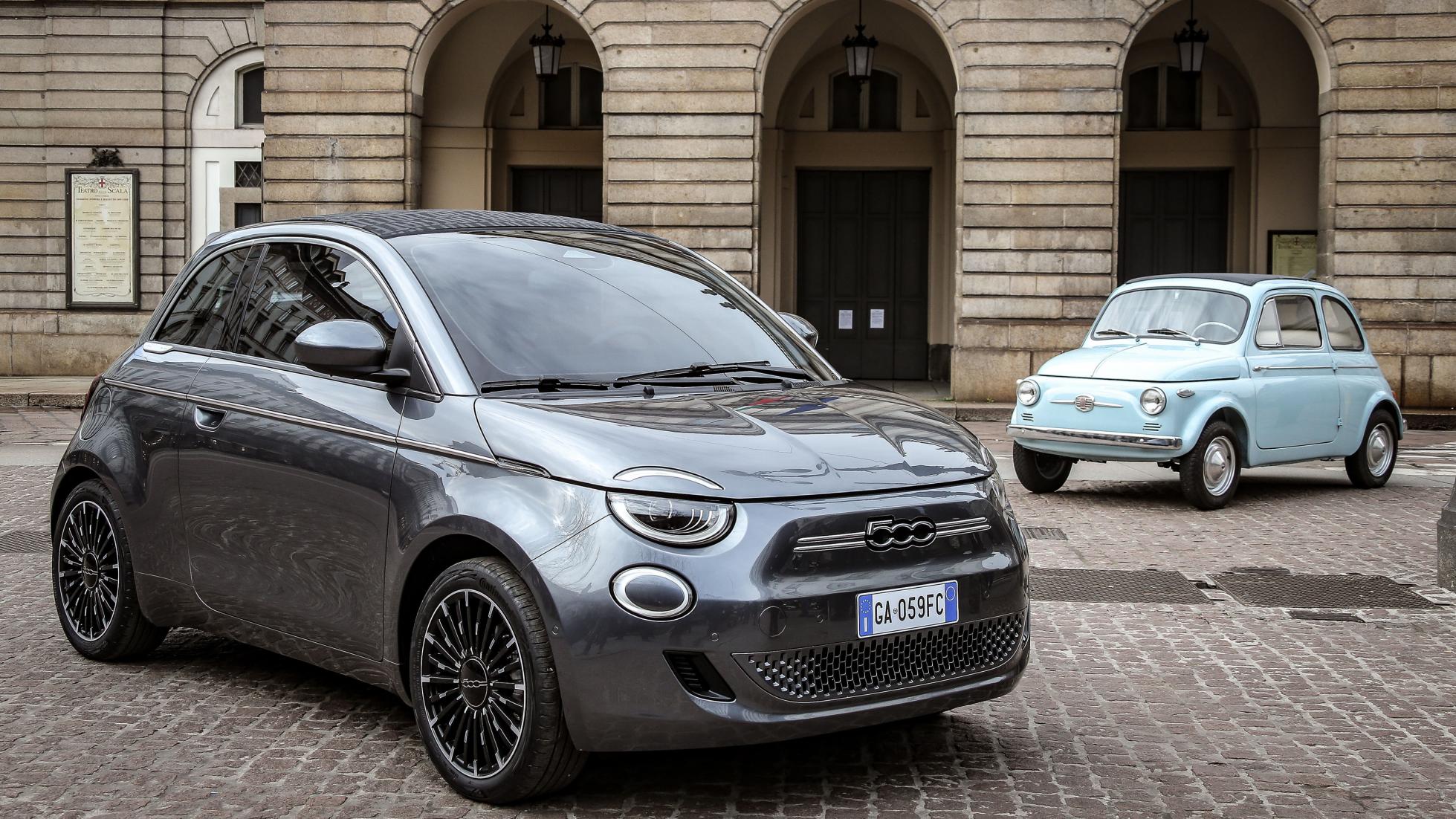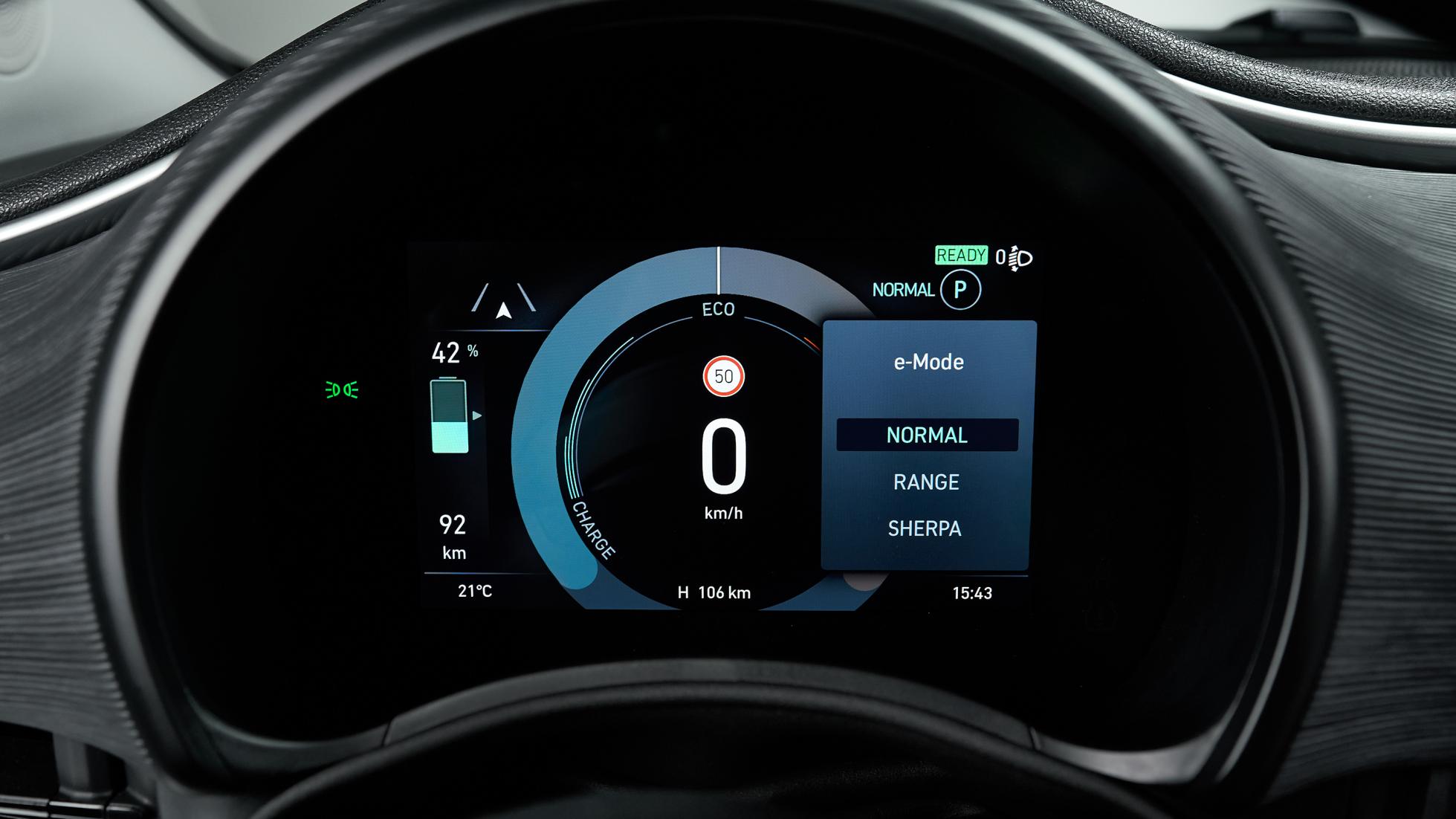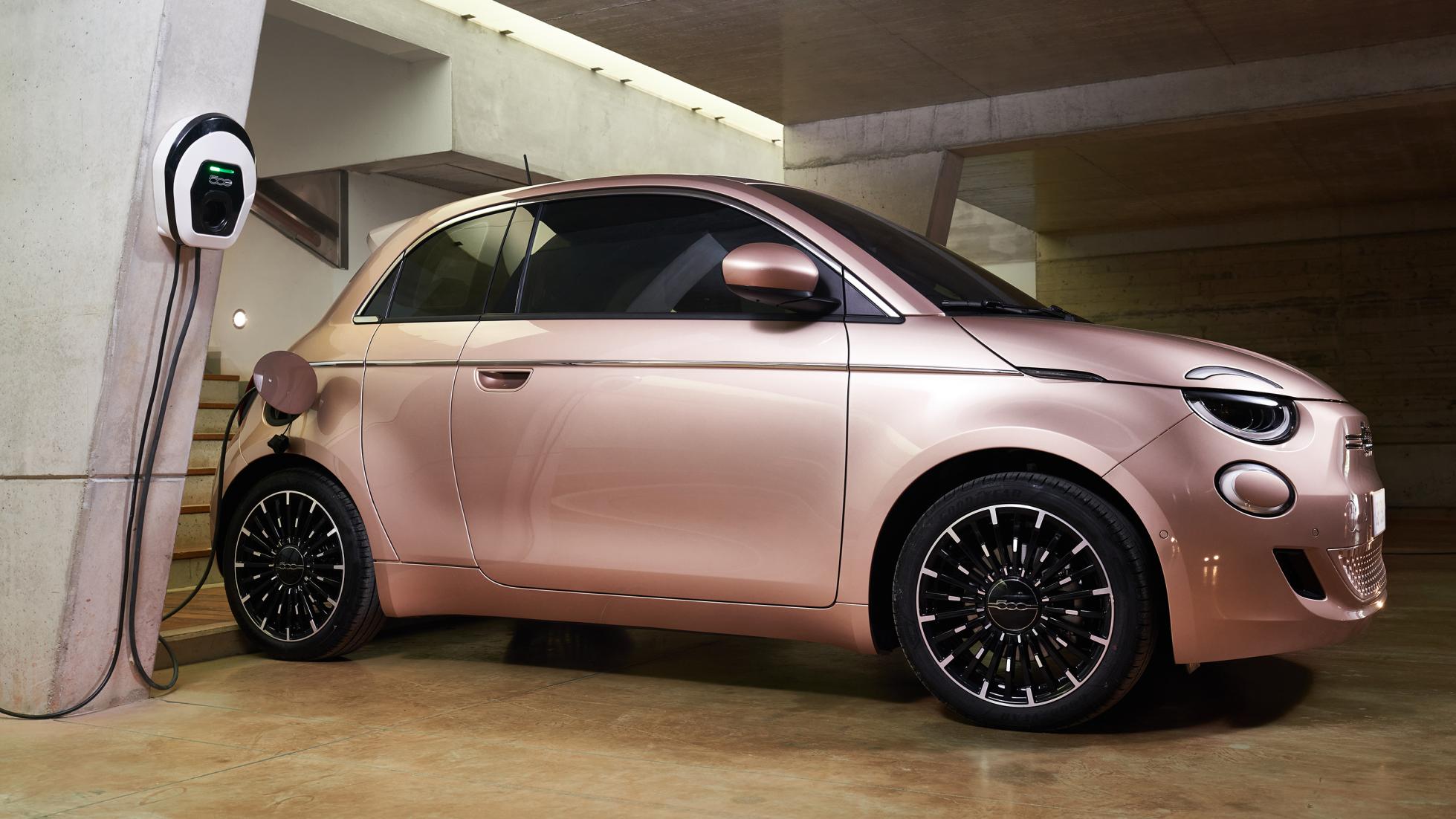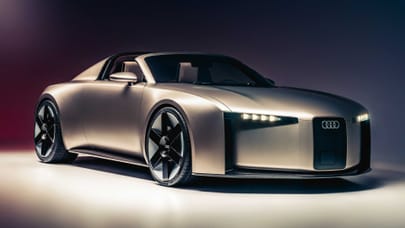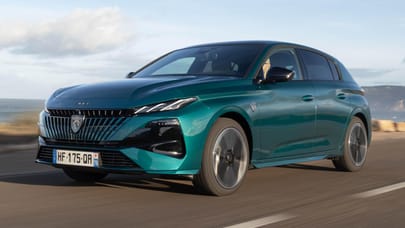
Will the electric 500 stop Fiat paying Tesla CO2 credits?
Fiat’s boss argues the new EV isn’t merely a ‘compliance car’
It's reported that Fiat has been kindly helping Tesla pay for its new factories, its Cybertruck, and whatever else Elon Musk just dreamt up while you were reading that.
Well, it’s not quite that simple, but in a roundabout way, it's believed that Fiat is very good for Tesla’s bank balance. See, to help Fiat-Chrysler dodge huge EU emissions fines incurred by the average CO2 output of its cars, FCA has reportedly paid Tesla a chunk of money to pool its own emissions with Tesla’s rock bottom figures.
And when we say a chunk, we mean an estimated €1.8 billion in 2019. While that gets Fiat out of a hole in the short-term, it needs to get its average down rather sharpish. And that means selling lots of hybrids and ideally plenty of EVs, which average out the big Jeeps and thirstier Alfas. Until they go hybrid or electric too...
TG asked Fiat president Olivier Francois if the new electric 500 would be enough, and if not, how long it would take before Fiat-Chrysler could be weaned off Tesla’s nourishing but expensive carbon credit lifeline.
“Is 500 a compliance car? It is probably a very good answer to a compliance challenge: to take a car of 200,000 sales a year, the number one in its segment [and electrify it],” Francois said.
“We felt it had more potential than any car [in the Fiat-Chrysler business]. Can it do good for compliance? Yes! It can do amazing! The concept Centoventi can do amazing for other reasons, and some of those could put us in a very preferable position looking forward.
“Is [500] just a compliance car? No. It has a mission to be profitable, but it will help us hugely – tremendously – to be independent of buying credits anywhere else.”
FCA boss Mike Manley had, according to the Financial Times, previously estimated Fiat would need to continue buying carbon credits in progressively lower volumes from Tesla until 2022, by which time it would finally have brought its CO2 average below the penalty threshold.
Francois was tight-lipped this week over whether the effects of the COVID-19 pandemic would delay that strategy, or even speed it up as demand for urban EVs could spike as the car market recovers and city dwellers aim to social-distance from public transport. Watch this space.
Top Gear
Newsletter
Thank you for subscribing to our newsletter. Look out for your regular round-up of news, reviews and offers in your inbox.
Get all the latest news, reviews and exclusives, direct to your inbox.
Trending this week
- Car Review
Vauxhall Mokka




